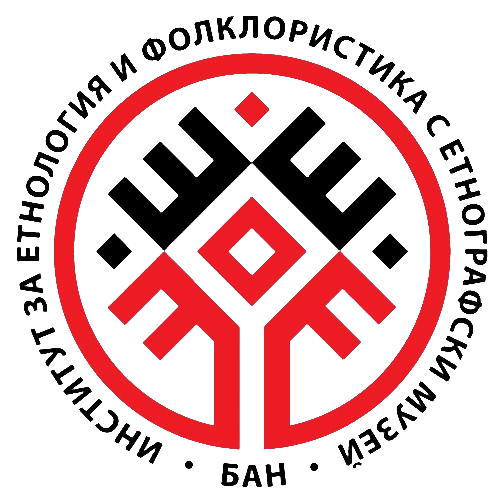
Published by the Institute of Ethnology and Folklore Studies with Ethnographic Museum
at the Bulgarian Academy of Sciences
2025 / 2 – Anthropology of Sport. Issue Editors: Iva Kyurkchieva, Tanya Matanova
The objective of the book is an anthropological reading of sport as a social phenomenon and its interactions with the fields of politics, economy, and society. A primary theme of the publications is the integrative possibilities that sports activities bring to local minorities, refugees, and migrants in Bulgarian society with regard to their social and cultural participation. A further area of interest is the study of marginal and vulnerable groups, such as children at risk and people with disabilities. These groups can also be integrated and included through sport. Another issue that is elaborated in the articles is the role of individuals and groups in the formation and affirmation of national identity through sport culture. In particular, the articles explore how sport is used to reconstruct and use the past and national ideas and symbols to construct identity and cultural memory. An equally significant subject of scholarly interest is the relationship between sport and the categories of masculinity and femininity, as well as the interpretation of these concepts through the lens of anthropology. The issue will present research findings focused on women athletes, women coaches, women referees, and those involved in sport management activities.